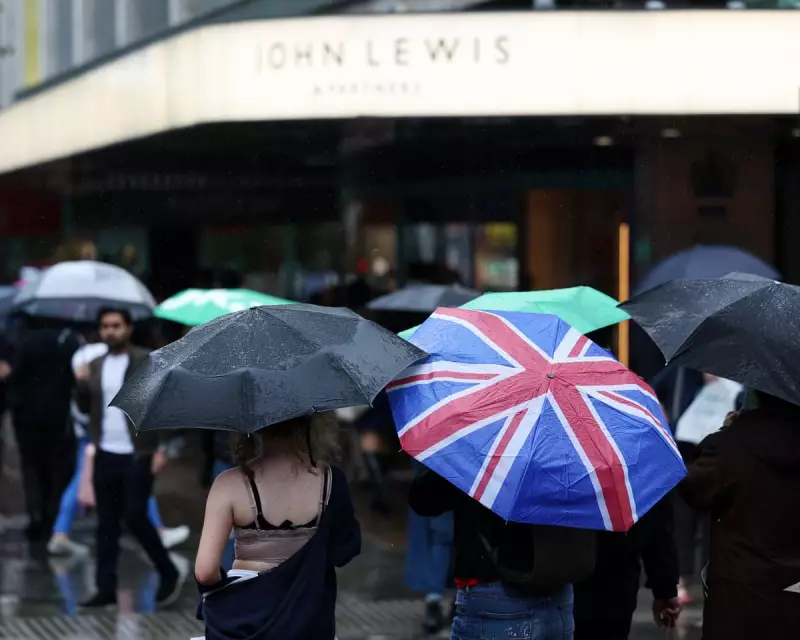
Britain's economic landscape shows fresh cracks as latest official figures reveal a dramatic slowdown in wage growth alongside an unexpected rise in unemployment, creating a complex challenge for policymakers and households alike.
Wage Growth Cools Sharply
The Office for National Statistics reports that regular pay growth, excluding bonuses, slowed to 5.7% in the three months to August – a significant drop from previous months and well below economists' expectations. This cooling effect marks the most substantial slowdown recorded since the current period of economic uncertainty began.
Unemployment Rate Climbs
In a worrying parallel development, the UK's unemployment rate rose to 4.3% during the same period, pushing the number of people out of work to approximately 1.5 million. The employment rate also fell sharply to 74.7%, indicating growing softness in the labour market.
Bank of England's Dilemma Deepens
These mixed signals present a particular challenge for the Bank of England's Monetary Policy Committee as they prepare for their next interest rate decision. While slowing wage growth might normally suggest reducing inflationary pressures, the accompanying rise in unemployment paints a more complex picture of economic distress.
Real Wages Still Growing
Despite the slowdown, real regular earnings (adjusted for inflation using the Consumer Prices Index) continued to grow at 2.9% – the highest rate since July 2021. However, this positive note is tempered by the broader context of economic uncertainty and rising joblessness.
Sector Variations and Regional Impacts
The data reveals significant variations across sectors, with some industries maintaining stronger wage growth while others show pronounced weakness. Regional analysis indicates particular pressure points developing across different parts of the UK, though London maintains slightly stronger metrics than other regions.
Future Outlook Uncertain
Economists remain divided on whether this represents a temporary adjustment or the beginning of a more sustained labour market cooling. The coming months will be crucial in determining whether the UK can achieve the elusive 'soft landing' or faces a more challenging economic scenario.
With the Bank of England's next interest rate decision looming, all eyes will be on whether these figures tip the balance toward rate cuts or maintain the current holding pattern in monetary policy.





